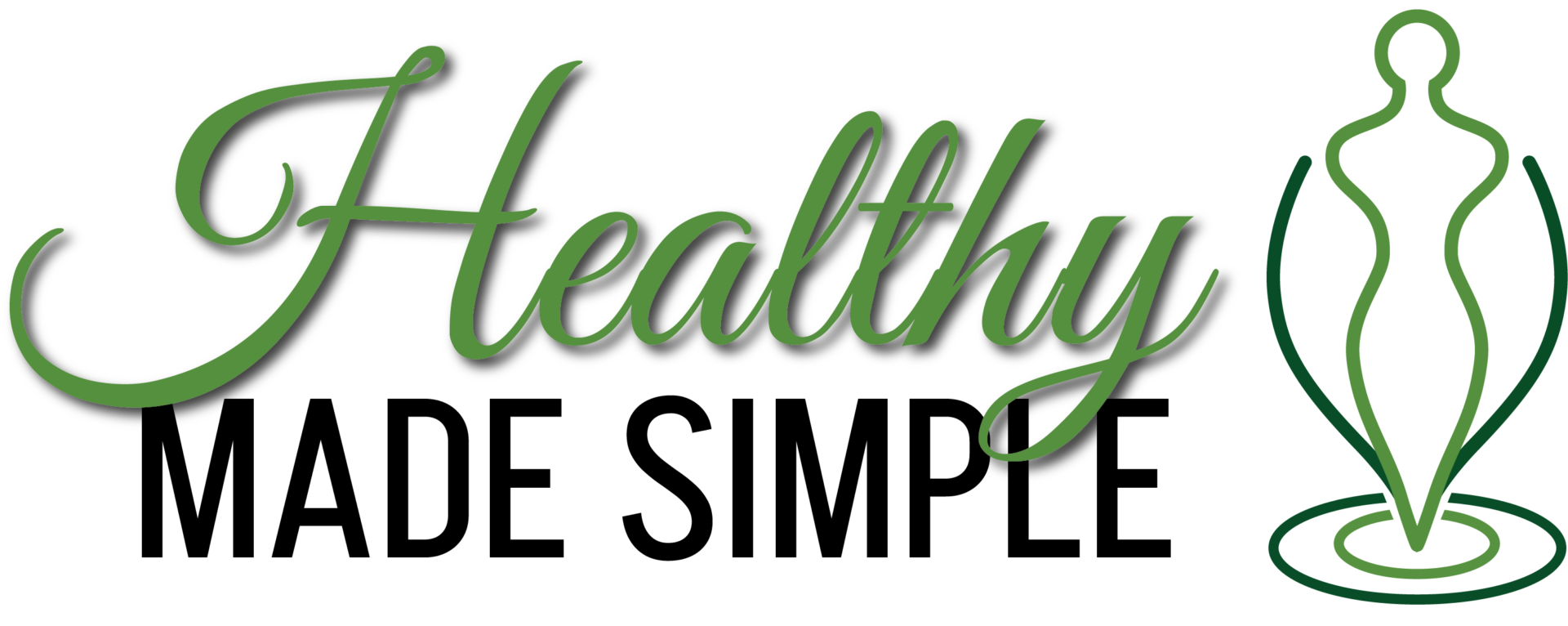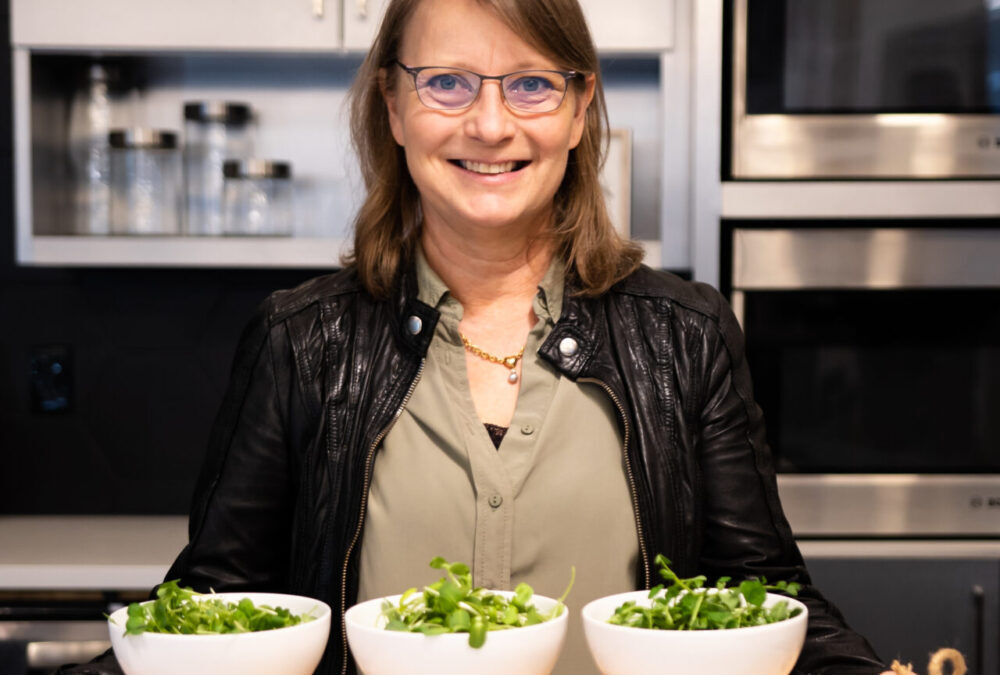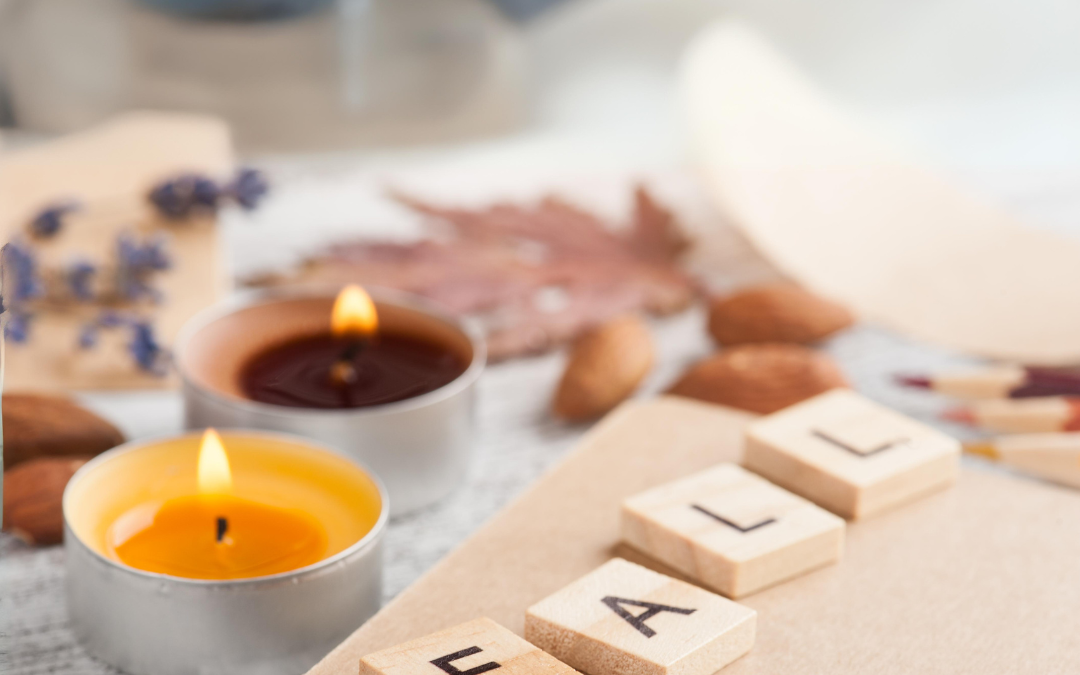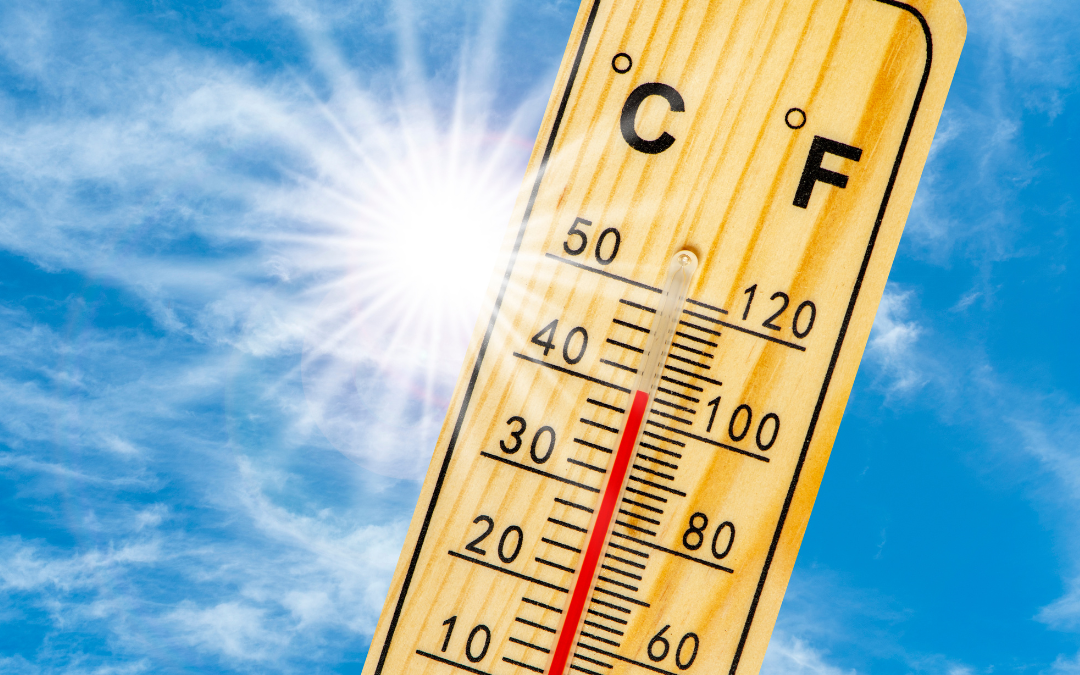Gratitude may be one of the most overlooked tools we have access to every day. It doesn’t cost anything and doesn’t take up much time, yet the benefits are enormous!
You show gratitude for what you receive, whether tangible or intangible. Meaning, you acknowledge the goodness in your life.
Gratitude is a great way to appreciate what you have instead of always reaching for a new shiny object. Although it may feel strange at first, this mental state grows stronger with use and practice.
Too many focus on the negative and on what’s wrong with their life, spouse, family, work and friends, and too little on all the good things in life i.e. waking up every day, having clothes to wear and food to eat. Hearing the birds, getting a compliment, or a phone call from someone dear to you. Or maybe someone held the door for you at the store.
It doesn’t have to be huge events, but more recognizing the little things in life.
As a result, being grateful also helps you connect to something larger than yourself as an individual — whether to other people, nature, or a higher power.
Gratitude is also associated with greater happiness, as it helps you feel more positive emotions, relish good experiences and improve your health.
What are the benefits
Improves relationships
Gratitude opens the door to healthier relationships. By showing appreciation, saying thank you, holding the door for a stranger, or sending a thank you card to someone, you will attract new relationships which may lead to new opportunities.
Studies show how gratitude can improve relationships. When you take time to express gratitude for your partner, instead of finding 5 faults, you not only feel more positive towards you partner, you will also experience more gratitude and openness from your partner.
You will experience the same positive form of communication from everyone in your circle of family and friends, the more gratitude you show towards them.
Improves physical health
Grateful people tend to experience fewer aches and pains, and they usually feel healthier, and are more likely to take good care of their health.
They exercise more often and have healthy eating habits.
Improves psychological health
Gratitude helps you reduce toxic emotions such as envy, resentment, frustration and regret by increasing happiness and reducing depression.
A positive and grateful attitude also gives your more empathy towards others, thus increasing your self-esteem and helping you appreciate other people’s accomplishments.
Being grateful can also help you reduce stress and overcome trauma, as you focus more heavily on the “good” than the “bad”.
Better sleep
Studies show writing in a gratitude journal improves your sleep. When you write down things you are thankful and grateful for as the last thing before you go to bed, you have a positive and grateful state of mind instead of stressful input from the tv or your phone.
Write down at least 5 things you are grateful for every night before bedtime.
That will make it easier for you to record what you’re grateful for each day, vs. just thinking it.
How do you do it
All new habits takes time, and writing in your gratitude journal is no different.
Here are a few great ideas to increase your gratitude:
Keep a gratitude journal
Write down at least 5 things every night you are grateful for. You can also add pictures and make little extra notes from the day.
Write a thank you note
Ways to cultivate gratitude. Make it a habit to write a thank you card, letter or email to at least one person a month. It makes both the recipient and you happier, and will nurture your relationship
Meditate
Mindful meditation focus on the present moment with no judgement. Have focus on the things you are grateful for i.e. the warmth of the sun, a calming nice sound or something nice someone said to you.
Have an “attitude of gratitude”
to create a positive balance in your mind and your life.



